
Learning at Work
Excellent Practice from Best Theory
Read or listen offline
Amazon KindleRecommendation
Do you know whether the person you hired to conduct a class at your company is truly qualified? Have your employees benefited from previous training programs? Are you spending your money wisely? John Taylor and Adrian Furnham help you answer these sorts of questions and drill down even further to examine the essence of training. In their enlightening and well-researched book, they explore how people actually learn. Once trainers and coaches understand the learning process, they can design better training programs. The authors’ prose is easy to understand and they provide many charts and diagrams, but putting their ideas into practice will take work. getAbstract highly recommends this book to trainers who want to improve their product, trainees who truly wish to learn, and corporate executives who don’t want to waste their money and their employees’ time.
Summary
About the Authors
John Taylor is an independent consultant, coach and trainer. He works with companies and organizations in the U.S., Europe, Asia and Africa. Adrian Furnham is a psychology professor at University College in London and the author of 44 books and more than 600 journal papers.









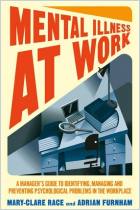
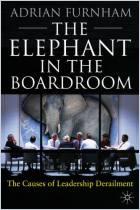
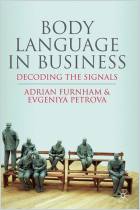
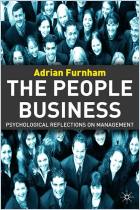
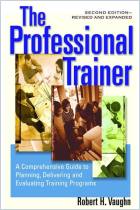
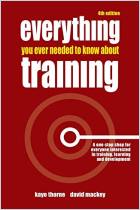
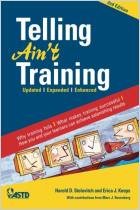
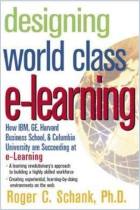
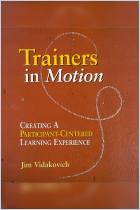
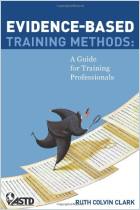



Comment on this summary